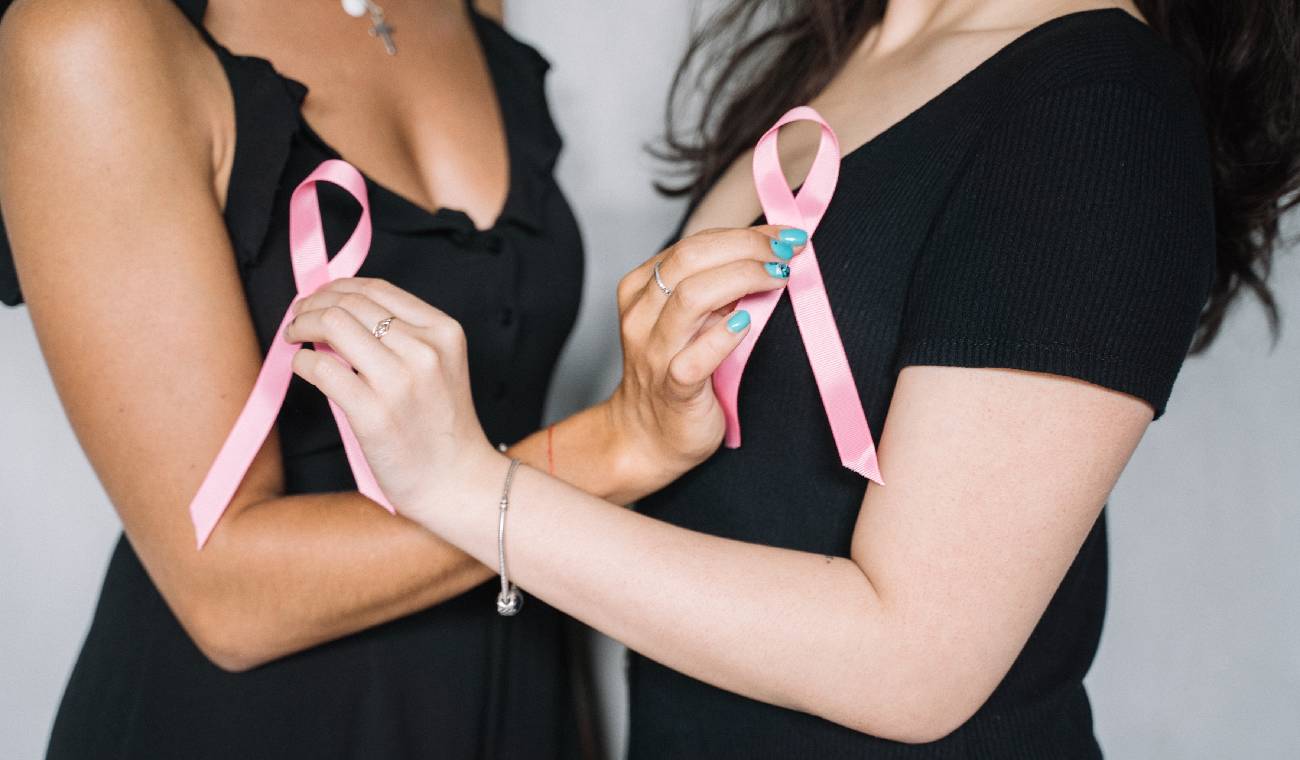Hearing from your doctor a diagnosis of breast cancerundoubtedly generates a strong emotional shock, full of fear and uncertainty, but it is important to know that in the specific case of this disease, more and more the news is accompanied by hope and of a series of almost personalized treatments, with a high chance of cureyes, this depends largely on an accurate and timely forecast.
Science is advancing by leaps and bounds and with regard to this type of cancer in particular, the current outlook is encouraging, thanks to have diagnoses based on genetic and molecular testswhich make it possible to confirm the origin of the cancer, its state and the treatment to be followed, with oncology therapies of precision that combat it, controlling the possible damages of exposure to unnecessary treatment.
According to World Health Organization (WHO), breast cancer is the most common type of cancer, con more than 2.2 million confirmed cases in 2020, and about 685,000 deaths from it in the same year.
Also read: How to do a breast self-exam: step by step
The doctor Marcela Galvezmedical geneticist and medical-scientific director of Gencell Pharma IPS notes that Every year there are between 3,000 and 4,000 deaths from this type of cancer in Colombia, however, mortality from this cause has been declining in recent years, not only worldwide, but in the country, which is due, he says, “largely to the screening strategies and early preventionand to the best tools available today thanks to science and medical technology, to define specific and personalized treatments”.
According to american cancer societycurrently in several countries in the world researchers work to prevent, detect and treat this cancer in a better way.
As for the causes of breast cancer, there are several studies that are evaluating the effects of exercise, weight gain or loss, and diet.
Studies have also been carried out on the genetic testing and its improved use to detect mutations. Plus, studies exploring how common genetic variations can affect breast cancer risk.
On the other hand, in reducing the risk of suffering from this type of cancer, researchers continue in a ongoing evaluation of medications that might help reduce it in women who are at high risk. Although these studies can take many years, obtaining results can take a long time.
Of interest: Breast cancer and fertility: What alternatives do women have to be mothers after diagnosis?
Among the new tests also stand out the liquid Biopsies, identification and analysis of CTC and ctDNA in the blood.
Although more study is needed before this test replaces the traditional needle procedure, there are several potential uses.
- To identify new genetic changess (mutations).
- Determine if a specific medicine will work on a tumor before testing it.
- Help decide if a woman’s cancer is responding to a certain treatment.
- Predict if breast cancer will come back (will come back) in women with early-stage breast cancer.

















